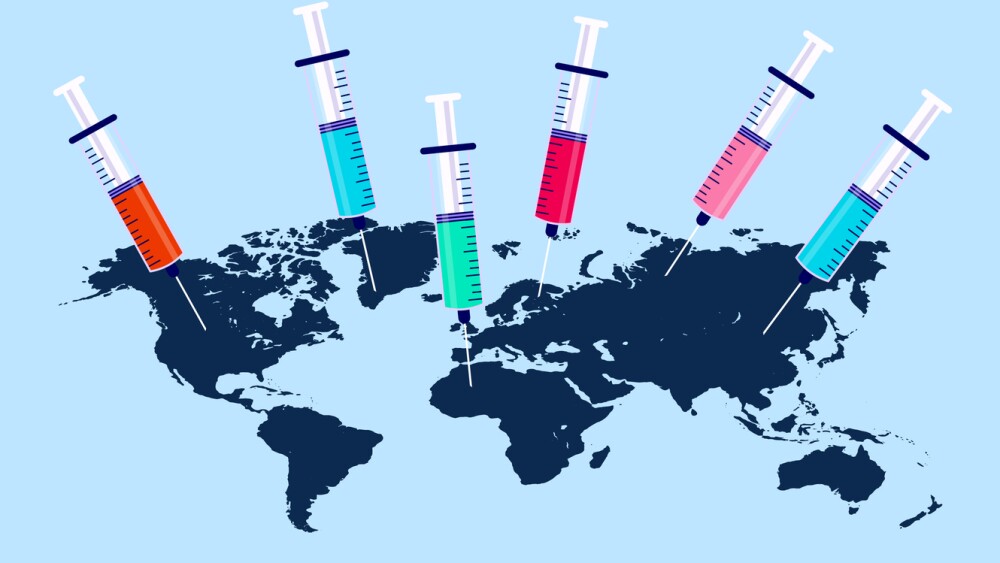BOSTON, Nov. 7, 2012 /PRNewswire/ --
- ARI-3037MO was well tolerated in single and repeat ascending dose trials in healthy volunteers
- ARI-3037MO did not provoke flushing or any other treatment-related adverse effects in 58 healthy male and female volunteers
- ARI-3037MO was well absorbed orally and plasma levels demonstrated good dose proportionality
- ARI-3037MO showed encouraging lipid changes in both clinical trials in healthy subjects
Arisaph Pharmaceuticals, Inc. announced today during an oral presentation at the American Heart Association (AHA) meeting in Los Angeles, CA that its niacin analog, ARI-3037MO, was extremely well tolerated in a single-ascending dose (SAD) and a multiple-ascending dose (MAD) trial in healthy male and female volunteers. The results showed that ARI-3037MO did not provoke flushing or any other adverse skin changes, nor did it cause increases in liver enzymes or blood glucose at doses up to 6 grams per day. In both clinical trials, ARI-3037MO also demonstrated encouraging lipid effects. Based on these promising results, ARI-3037MO potentially represents a transformational, new niacin-like option for treatment of patients with dyslipidemia, especially in the setting of metabolic syndrome, a disorder that afflicts as many as 70 million Americans1.
(Logo: http://photos.prnewswire.com/prnh/20110321/NE69091LOGO )
"The absence of flushing and other niacin induced adverse events highlights a differentiated safety profile for our novel niacin analog," said Christopher P. Kiritsy, Co-Founder, President and Chief Executive Officer of Arisaph Pharmaceuticals. "Moreover, the evidence of lipid changes in such short duration trials in healthy volunteers shows that our preclinical efficacy data are translating and breeds optimism for the development of our best-in-class niacin analog."
In two placebo controlled, safety and pharmacokinetic trials (SAD and MAD), 58 healthy male and female volunteers were given either single escalating doses of ARI-3037MO (up to 6 grams per day) or repeat escalating doses of ARI-3037MO (up to 3.5 grams per day) for 14 days. In both trials, ARI-3037MO was given once daily without a titration scheme. The results showed that ARI-3037MO was extremely well tolerated with no treatment-related adverse events. Specifically, treatment with ARI-3037MO did not show any evidence of flushing or adverse skin changes, such as itching or rash, using a validated visual-analog scale. Additionally, no deleterious changes in liver enzymes or blood glucose were observed with ARI-3037MO, even when given at high doses in a repeat-dose setting.
The pharmacokinetics of ARI-3037MO revealed that the drug was well absorbed orally and showed good dose proportionality. In both clinical trials, ARI-3037MO produced encouraging lipid signals. For example, a single dose of 6 grams of ARI-3037MO produced a 15% increase in HDL and attenuated the postprandial increase in serum triglycerides (TGs). In the MAD trial, the 2g and 3.5g doses of ARI-3037MO decreased LDL-cholesterol (LDL-C) from baseline and improved post-prandial triglycerides by more than 30% compared with placebo. Such lipid trends are encouraging considering that the trials were short-duration, safety and pharmacokinetic studies in healthy volunteers and would not be expected to show pharmacodynamic effects.
"Niacin's efficacy across a broad range of lipid risk factors has long been recognized but flushing and increases in blood glucose have limited its use, particularly in high risk metabolic syndrome patients," commented Dr. Ernst Schaefer, Professor of Medicine, Tufts University School of Medicine. "The results from these two safety trials show that ARI-3037MO is devoid of such dose-limiting side effects, resulting in a significantly improved safety and tolerability profile compared with other niacin-based therapies."
In preclinical studies presented at the AHA in 2011, ARI-3037MO showed robust changes in lipids, including LDL-C, HDL-C and triglycerides. For example, once-daily treatments of ARI-3037MO lowered LDL-C in excess of 50% and lowered TGs by more than 70% compared with placebo in high-fat-fed hamster models. Additionally, non-clinical toxicology studies conducted in dogs and rats with ARI-3037MO showed that high exposure multiples could be achieved without serious adverse events, even at doses greater than 1000 mg per kilogram. The favorable preclinical safety and efficacy data reveal that ARI-3037MO has an extremely wide therapeutic index, indicating that ARI-3037MO will not be dose limited by adverse events. Consequently, it is expected that patients will be able to achieve improved efficacy observed with higher doses of niacin.
About Niacin Analog Program:
The natural B vitamin niacin is a well-known lipid lowering agent, which has been used to treat mixed lipid disorders for over 50 years. Niacin is a first-line drug for the treatment of hyperlipidemia, and it is used in combination with statins to further reduce LDL cholesterol and triglycerides or to increase HDL cholesterol in patients with depressed HDL cholesterol levels. Niacin can produce changes in HDL cholesterol up to 35%, lower LDL cholesterol up to 25% and lower triglycerides up to 50%. Despite niacin's broad lipid altering profile, the use of niacin-based therapies is diminished because of unpleasant side effects, particularly flushing. Flushing, representative of tingling and/or redness of the skin, is the principal side effect of niacin, and in some patients it can be extremely uncomfortable. Arisaph has developed a novel class of structural analogs of niacin that are expected to demonstrate a dramatically improved safety and tolerability profile while retaining the beneficial lipid effects associated with niacin.
About Arisaph
Arisaph Pharmaceuticals Inc, a drug discovery, biopharmaceutical company located in Boston, Massachusetts, was founded by Dr. William Bachovchin (Professor of Biochemistry, Tufts University School of Medicine), Christopher Kiritsy (Former EVP Corporate Development and CFO, Kos Pharmaceuticals, Inc.) and Michael Jaharis (Founder, Chairman Emeritus, Kos Pharmaceuticals, Inc.) to develop differentiated therapies for cardiometabolic diseases and cancer. Arisaph has developed a rich pipeline of products at various stages of development, including a niacin analog (ARI-3037MO), in phase 2 clinical development, and a small molecule immune modulator for the treatment of cancer. The Company's vision is to create a fully integrated pharmaceutical company, leveraging its drug discovery expertise to develop transformational, patent protected, medicines that offer distinct safety, efficacy and/or tolerability benefits compared with existing therapies for large markets, whose needs are not being fully met by current therapeutics.
Certain statements in this press release, including statements regarding the Company's research and development effort, the Company's expectation to initiate or complete human clinical studies, the Company's ability to finance its development programs into human clinical testing, and the Company's ability to successfully capitalize on the early stage research are subject to risks and uncertainties. These risks and uncertainties include risks and uncertainties related to: our ability to discover and develop new compounds and products using a novel approach to drug discovery; the early stage of all of our discovery and development efforts; our ability to complete preclinical and clinical development of our products; our ability to obtain and maintain regulatory approvals for our products; competition from other technologies and technologies similar to ours; obtaining, maintaining and protecting intellectual property utilized by our products; changes in legislation and regulations affecting our products and potential product candidates; our need to obtain additional funding to support our business activities; our dependence on collaborators and other third parties for development, manufacture, marketing, sales and distribution of products; the ability of our licensees to achieve developmental, regulatory and other milestones and to commercialize their products; the effect of conditions in the pharmaceutical industry and the economy in general, as well as certain other risks and uncertainties.
References:
1. NHANES Data, National Health Statistics Report, May 2009
Contact: | Arisaph Pharmaceuticals, Inc. | |||
Christopher Kiritsy | ||||
President and CEO | ||||
(617) 986-4500 | ||||
SOURCE Arisaph Pharmaceuticals, Inc.




